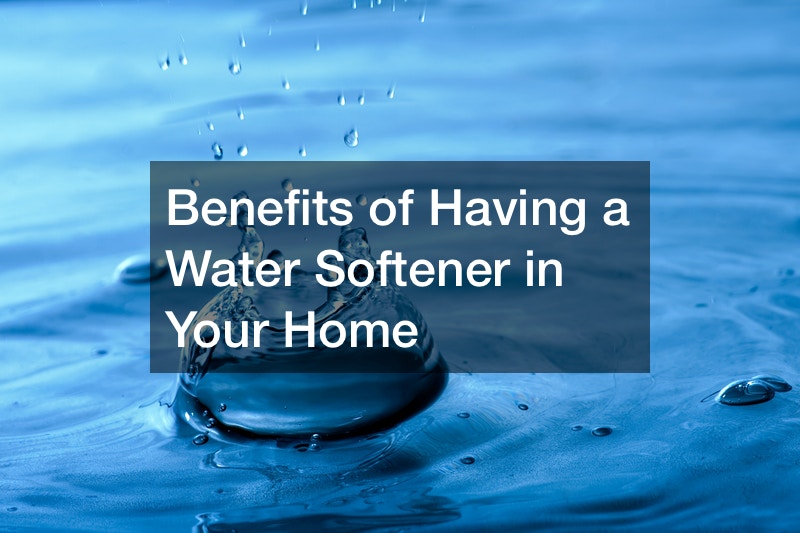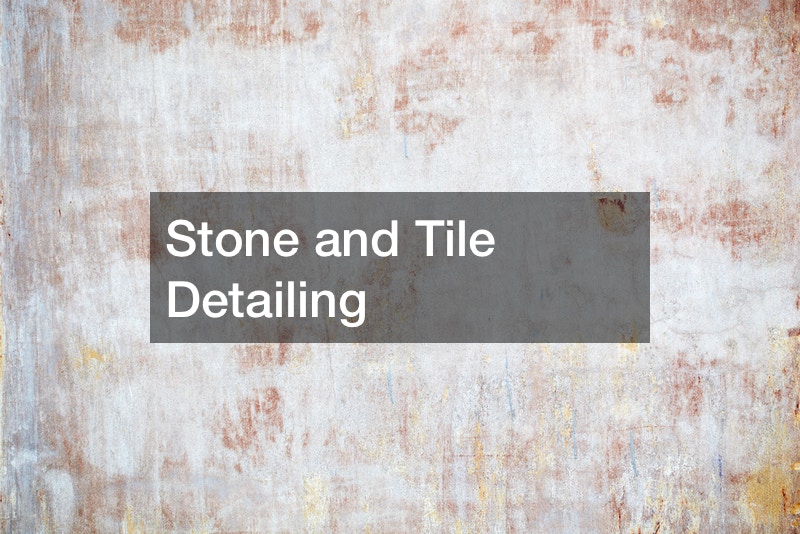
When water has a high level of mineral content like calcium and magnesium, it is referred to as hard water. Most people don’t know the difference between hard water and soft water. Soft water is free from harmful mineral contents and gentles the clothes for other uses. Hard water can make survival in a home messy by causing problems like blocking water pipes and cloudy spots on utensils after washing them. Therefore, hard water is treated with a water softener to reduce the impacts caused by hard water. Water softening involves a process of ion exchange, where all the positively charged ions of calcium and magnesium are removed.
It is important to note that water softening does not mean that the water is free from contaminants.
Owning a water softener helps you save money that you would have spent on repairing clogged pipes and replacing laundry machines, water heaters, and other appliances. Water softening boosts soft skin as hard water clogs the body’s pores, leading to bumpy rashes. Water softener helps you save time when cleaning, as detergents are readily soluble in water, forming enough foam to clean clothes and dishes easily. Also, water softener allows less use of detergents, unlike hard water which requires you to use large amounts of detergents to foam. It would be helpful if every household owned a water softener for easier cleaning.
.



